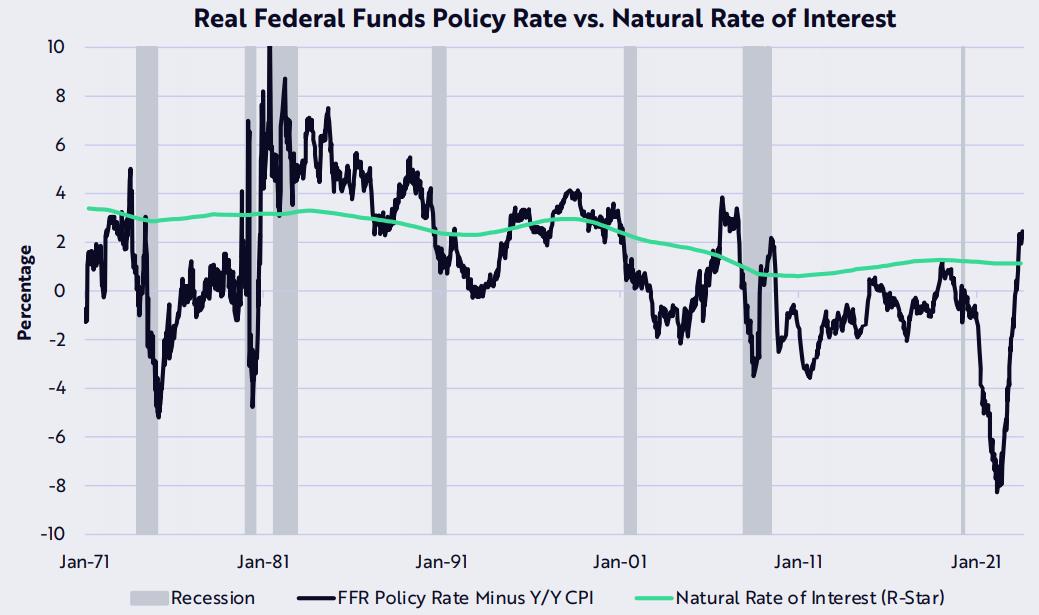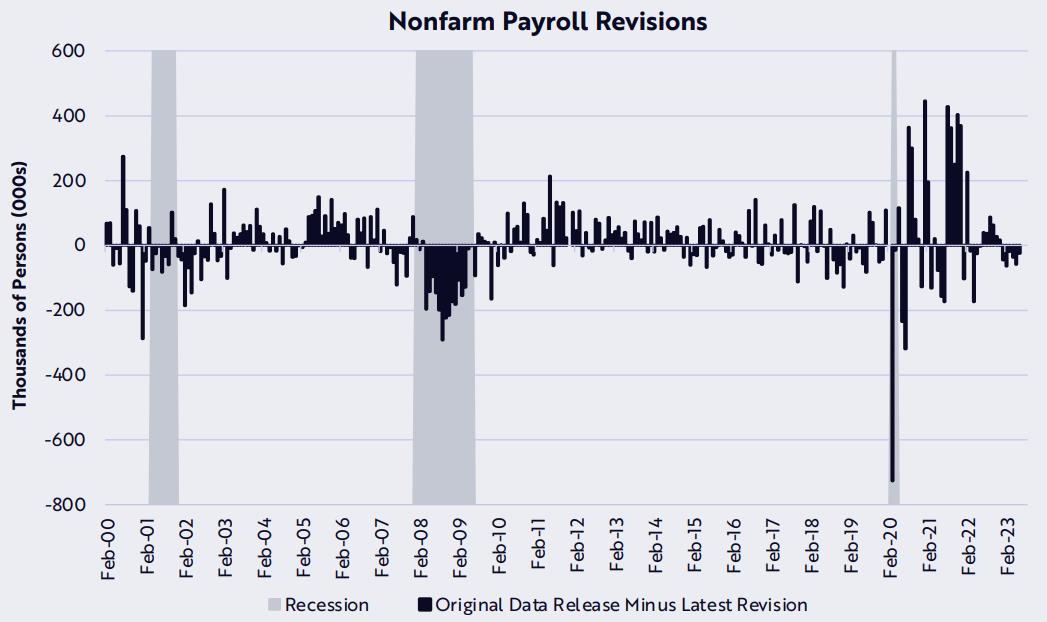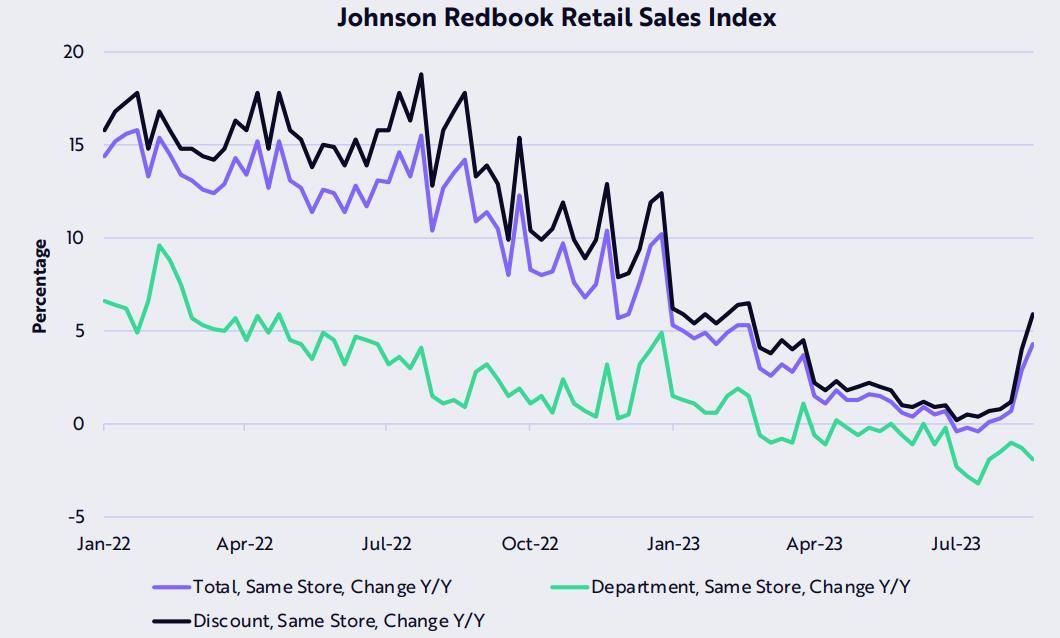
2023 has been a whipsaw year for investor sentiment and even though equities markets have defied expectations, a recent report from ARK Invest highlights reasons why the remainder of 2023 could present several economic challenges. ARK manages $13.9 billion in assets, and its CEO, Cathie Wood, is a strong advocate for cryptocurrencies. In partnership with the European asset manager 21Shares, ARK Investment first applied for a Bitcoin exchange-traded fund (ETF) in June 2021. Their most recent request for a spot BTC ETF, which is currently pending review by the U.S. Securities and Exchange Commission (SEC), was initially filed in May 2023.
Long-term bullish, short term bearish?
Despite ARK’s bullish view on Bitcoin, the investment firm doesn't foresee a straightforward path for a Bitcoin bull run given the current macroeconomic conditions. In their newsletter, ARK cites several reasons for their less than optimistic scenario for cryptocurrencies, including interest rates, gross domestic product (GDP) estimates, unemployment, and inflation.

Interest rates and inflation
ARK anticipates that inflation will continue to slow down, which would drive up the "Real Federal Funds Policy Rate" and increase the gap above the "Natural Rate of Interest." Essentially, the report holds a bearish macroeconomic view due to this indicator. The U.S. Federal Reserve (Fed) implementing a restrictive monetary policy for the first time since 2009, as indicated by the "Natural Rate of Interest," puts pressure on lending and borrowing rates.
GDP and GDI divergence
The analysts also focused on the divergence between real GDP (production) and GDI (income). According to the report, GDP and GDI should closely align, as income earned should equal the value of goods and services produced. However, the most recent data shows that Real GDP is approximately 3% higher than Real GDI, indicating that downward revisions in production data should be expected.

Downward revisions in employment data
Another focus point was U.S. employment data. The analysts note that the government has consistently revised these figures downward for six consecutive months. This points to a weak labor market, similar to what was observed just before the Great Financial Crisis in 2007.
"Stagflation" and its impact
The writers also highlight the concept of "stagflation," which is usually bearish for risk-on assets. They point out that there has been a reversal in price discounts driven by increased consumer spending, suggesting that inflation may be exerting upward pressure. This ongoing macroeconomic uncertainty could continue in the coming months, raising concerns for how cryptocurrency investors might react.

Note: This article is for general information purposes and is not intended to be and should not be taken as legal or investment advice.
Did you miss our previous article...
https://trendinginthenews.com/crypto-currency/jpmorgan-plans-blockchainbased-solution-for-crossborder-transactions






